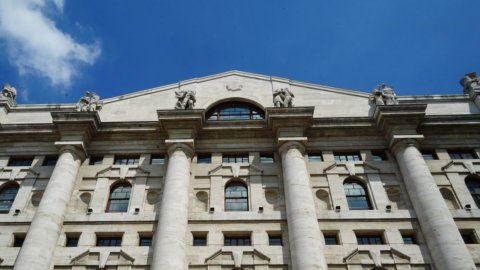“Markets develop where there are good governance rules which are therefore essential for attracting international investors”. These are the words with which Domenico Siniscalco, vice president of the Corporate Governance committee, yesterday introduced the new version of the decalogue on the self-regulation of listed companies at the Italian Stock Exchange.
Gabriele Galateri di Genola, chairman of the committee, described the four areas in which the major interventions were carried out: "Composition of the board of directors, effectiveness of the board of directors, organization and tasks of the committees, rationalization of the internal control and risks".
With regard to the first point, attention was focused on the independence of the Board of Directors, ensured by the presence of at least one third of independent directors in the Ftse Mib companies. At the same time, the figure of the "lead independent director" was established and the presence of the CEO on multiple boards of directors is discouraged.
The theme of continuity in management has taken on particular importance, guaranteed by the "staggered board" mechanism: the possibility of a staggered expiry of all or part of the members of the Board has been introduced.
With regard to the organization and duties of the committees, a precise recommendation was made by Galateri on the importance of preparing structured succession plans for the renewal of the top management of listed companies. In this regard, Siniscalco referred, in a negative sense, to the stalemate situations that accompanied the changes of management of Unicredit and Intesa Sanpaolo.
Lastly, another focal point is given by the importance attributed within the Board of Directors to two committees: the controls and risks one and the one for remunerations.
"After the decisions taken yesterday by the Monti government, including one concerning the capitalization of companies, presenting this self-regulatory code today is a hope that the country will once again focus on its growth objectives". In this way, President Galateri wanted to insert and contextualize the updates made to the code in a much more general and critical macroeconomic framework. Siniscalco, concluding, recalled that the self-discipline code is not binding on companies, nor is there an applicable sanctioning system, but that careful monitoring of the adoption of best practices could most likely lead to the drafting of a report card of listed companies on the stock exchange.





